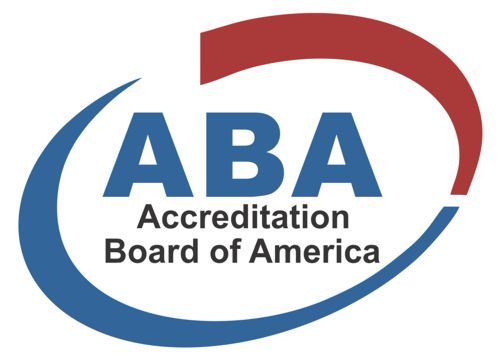In a world grappling with the far-reaching consequences of unsustainable economic practices, the urgency to embrace a circular economy has never been more evident. The circular economy not only promises to counteract the climate crisis but also to fortify adaptive capabilities and promote a more sustainable and resilient society. At the heart of this transformative shift are standards and conformity assessment tools, pivotal elements that build trust in the circular economy.
Embracing Circular Practices for a Sustainable Future
The circular economy operates on the principle of minimizing waste by maximizing the reuse and recycling of products and materials. This paradigm shift is crucial in mitigating environmental degradation and resource depletion caused by traditional linear production and consumption patterns.
As products circulate from one user to another and materials re-enter the value chain, a pressing question arises: Can consumers and businesses trust the safety and quality of these reused items? This is where the significance of International Organization for Standardization (ISO) standards and conformity assessment tools becomes paramount.
Standards and Conformity Assessment: The Building Blocks of Trust
ISO standards and the Conformity Assessment Standards Committee (CASCO) Toolbox play a pivotal role in ensuring that circular economy principles, such as durability, reusability, upgradability, and repairability, are met. Sustainability standards, aligned with circular economy goals, are being developed globally to guide organizations in adopting eco-friendly practices.
Addressing Global Challenges with Standards
In the face of unprecedented global challenges – from climate change to market and technological shifts – standards and conformity assessment provide a viable solution. The ISO’s commitment to climate action, as outlined in the London Declaration, underscores the importance of aligning economic practices with circular economy principles.
The Essence of the Circular Economy: Conformity Assessment in Action
Conformity assessment, encompassing activities like testing, inspection, validation, verification, and certification, ensures that specified requirements are met. This verification process, facilitated by conformity assessment bodies (CABs), relies on ISO standards to establish competence, impartiality, and consistent operation.
Conformity Assessment Tools in Practice
The CASCO Toolbox offers a range of tools applicable across diverse sectors, including testing laboratories, inspection bodies, validation bodies, verification bodies, and certification bodies. These tools help in building trust throughout the technical and biological cycles of the circular economy.
Building Trust in Technical Cycles
Conformity assessment activities assure consumers and businesses that products made from recycled materials or designed to last are safe, reliable, and fit for purpose. This trust is vital in encouraging investments in sustainable products and ensuring the credibility of promises such as product longevity.
Ensuring Safe Resource Recovery in Biological Cycles
Throughout the food and fiber value chains, conformity assessment activities provide transparency and assurance. Farmers, manufacturers, retailers, and consumers benefit from knowing the exact composition of products in terms of food, fabrics, fodder, fuel, and other natural raw materials, contributing to the efficient recovery of resources.
Real-World Impact: Practical Examples
The CASCO tools offer practical solutions to challenges faced in the transition to a circular economy. From testing the suitability of used materials for recasting to certifying services and processes, conformity assessment activities play a pivotal role in promoting sustainability across industries.
Case Snapshots: Realizing the Circular Vision
Real-world examples, such as ship recycling regulations and asbestos management in maritime vessels, showcase the impact of conformity assessment on environmental protection and worker safety. ISO standards provide a framework for verifiable, transparent, and effective practices, ensuring compliance with international regulations.
Conclusion: Trust, Transparency, and Transformation
As we navigate the complexities of a changing world, the circular economy stands as a beacon of hope. In this transformative journey, conformity assessment emerges as a linchpin, fostering trust, transparency, and tangible change. The adoption of ISO standards and conformity assessment tools is not just a commitment to sustainability; it is a pledge to build a future where economic practices harmonize with environmental well-being.

